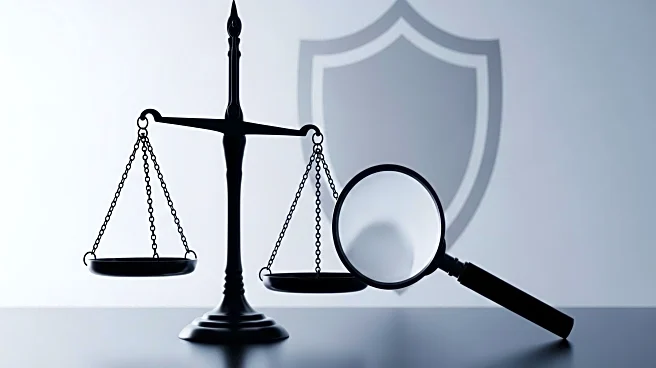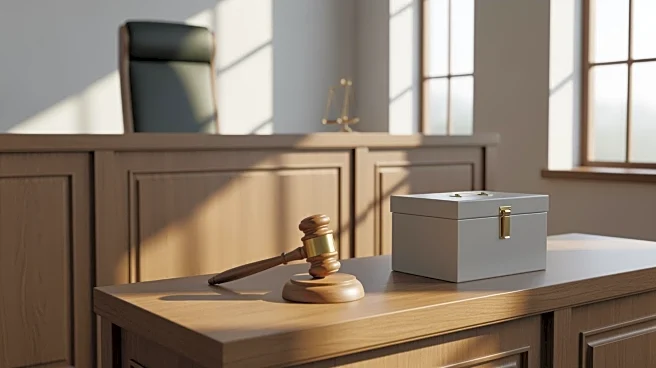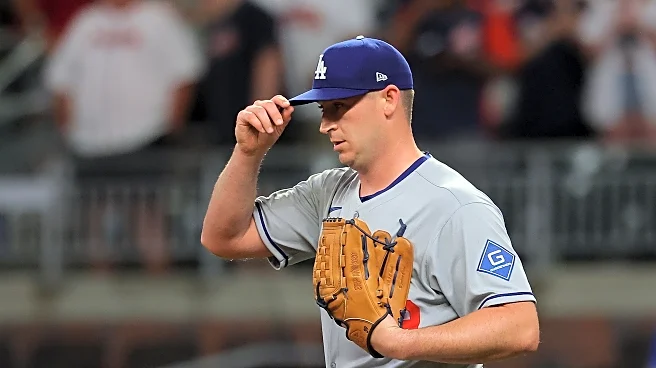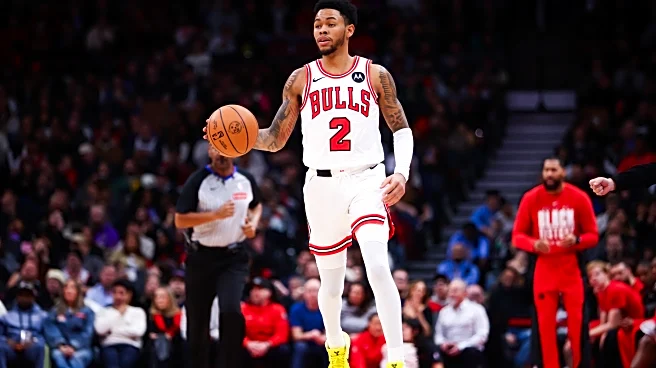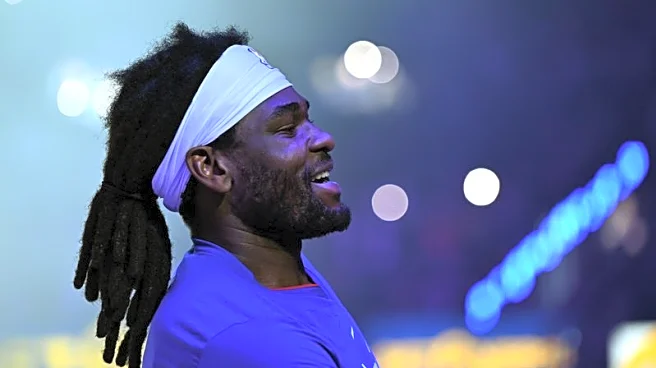What's Happening?
The Supreme Court's recent ruling in Noem v. Perdomo has raised significant concerns regarding the 4th Amendment rights of U.S. citizens during ICE raids. The case involved George Retes, a U.S. Army veteran, who was wrongfully detained by ICE officers at a legal cannabis farm in California. Despite being a U.S. citizen, Retes was subjected to excessive force and detained without access to legal counsel. Justice Kavanaugh's concurrence in the ruling suggested that brief encounters with immigration officers should not infringe on citizens' rights, but Retes' experience contradicts this notion. The ruling has sparked debate over racial profiling and the treatment of citizens based on ethnicity and occupation.
Why It's Important?
This ruling has profound implications for civil liberties in the United States, particularly for minority communities and manual laborers. It highlights the potential for racial profiling and the erosion of constitutional protections under the guise of immigration enforcement. The decision may lead to increased scrutiny and fear among U.S. citizens who do not fit the 'ideal citizen' profile, potentially resulting in more wrongful detentions. The dissenting opinion by Justice Sotomayor emphasizes the need for particularized suspicion in immigration stops, warning against broad categorizations that infringe on innocent citizens' rights.
What's Next?
The ruling is likely to lead to further legal challenges and public outcry as affected individuals and civil rights groups seek to protect constitutional rights. Retes is pursuing a Federal Tort Claims Act suit against ICE and DHS, which could set a precedent for similar cases. The decision may also prompt legislative efforts to address racial profiling and ensure the protection of citizens' rights during immigration enforcement activities.
Beyond the Headlines
The ruling reflects broader societal issues regarding race, identity, and the balance between national security and individual freedoms. It raises ethical questions about the role of law enforcement and the judiciary in safeguarding civil liberties. The case underscores the need for ongoing dialogue and reform to prevent the marginalization of minority communities and uphold the principles of justice and equality.
